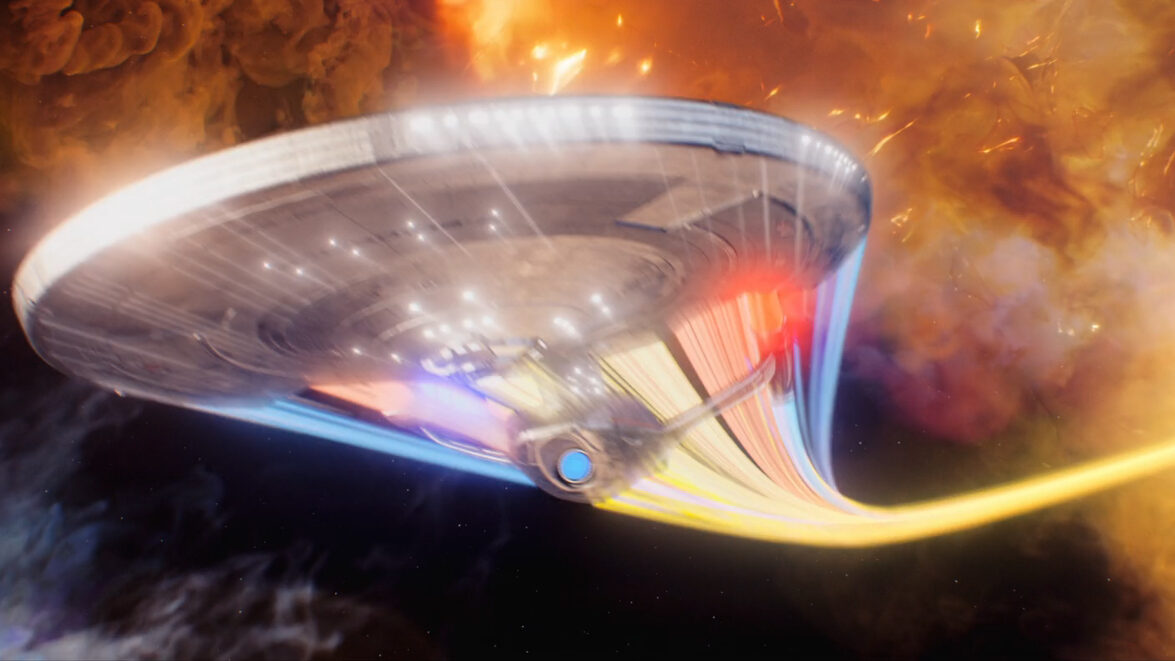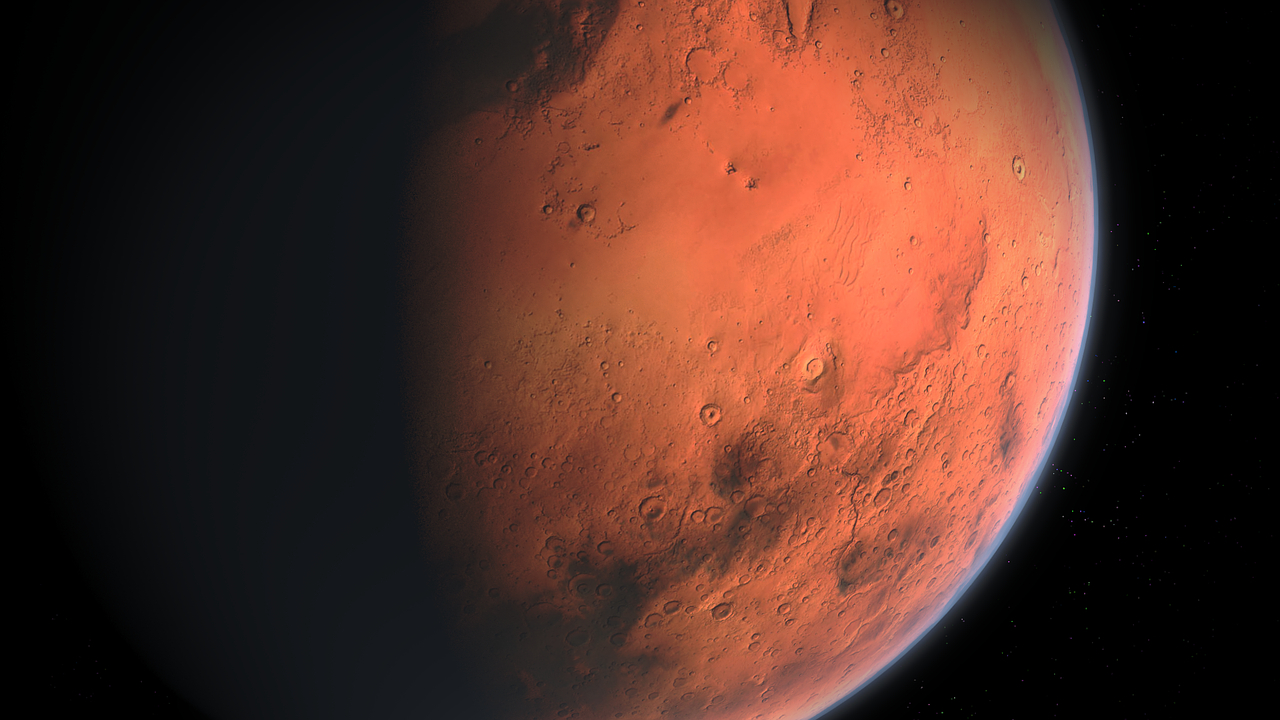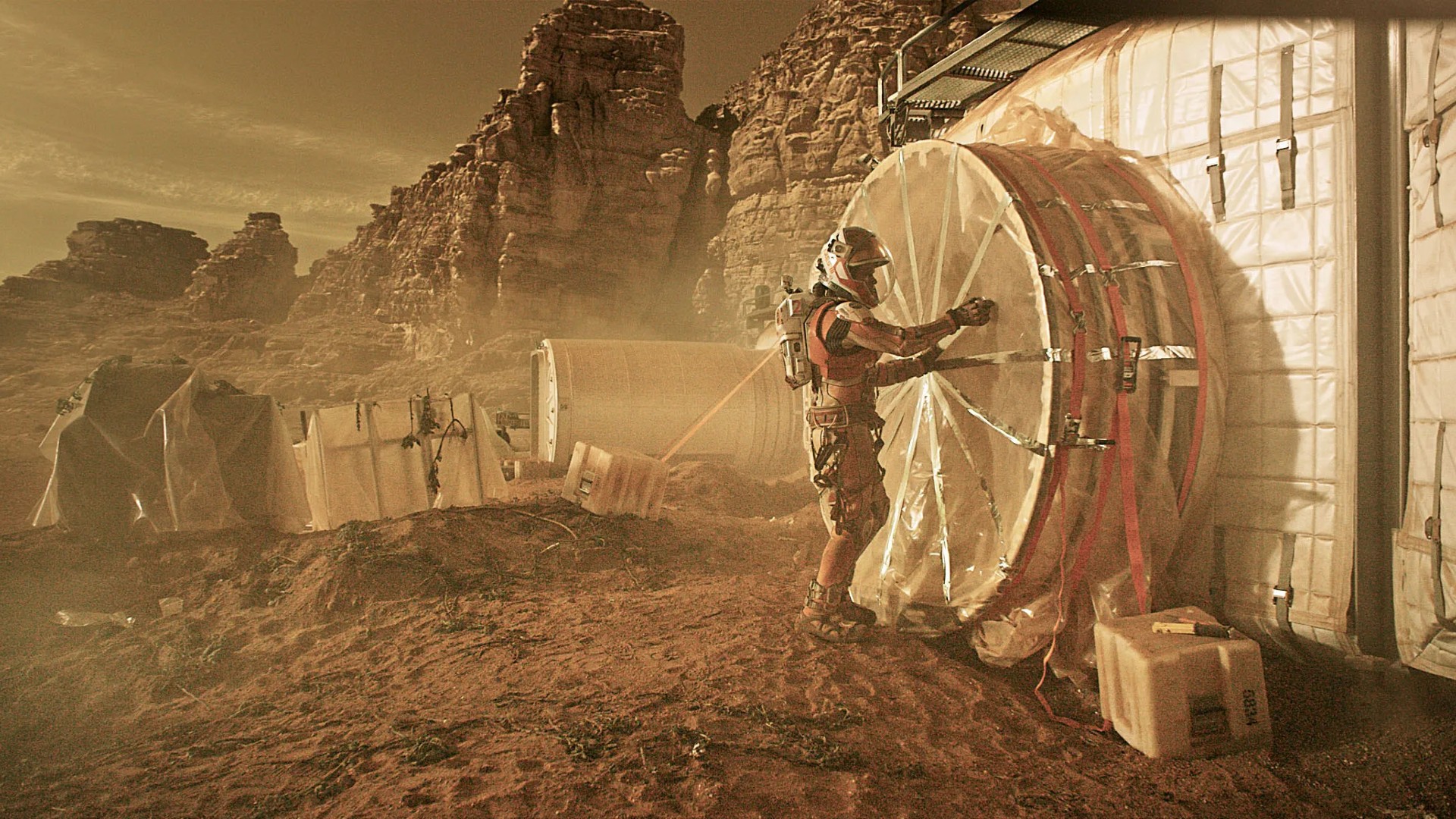Mars

Latest Mars News
Star Trek Warp Drive One Step Closer To Reality
It seems as if every day, scientists get closer and closer to uncovering the technology responsible for bringing science fiction …
Continue reading “Star Trek Warp Drive One Step Closer To Reality”
Read Carl Sagan’s Inspiring Message To Future Explorers Of Mars
Mars has inspired dreams of exploration for a hundred years, from the warrior kings of Edgar Rice Burroughs’ John Carter …
Continue reading “Read Carl Sagan’s Inspiring Message To Future Explorers Of Mars”
Mars Hidden Volcano Discovered In Underground Labyrinth
As NASA scientists continue to push modern technology to the absolute limit, new data and analysis of outer space seem …
Continue reading “Mars Hidden Volcano Discovered In Underground Labyrinth”
Star Trek Starfleet Symbol Shows Up On Mars
It looks like someone may have accidentally violated the Prime Directive. A very familiar Star Trek symbol was recently spotted …
Continue reading “Star Trek Starfleet Symbol Shows Up On Mars”
Mars Reveals Strange Polygon Structures Under Surface
If you’re looking for inspiration for a sci-fi screenplay, pay attention: scientists have recently discovered bizarre polygon structures buried beneath the …
Continue reading “Mars Reveals Strange Polygon Structures Under Surface”
Mars Volcanoes More Active Than We Imagined
A survey using advanced technology has unearthed surprising evidence of recently active Mars volcanoes, challenging the belief that the red …
Continue reading “Mars Volcanoes More Active Than We Imagined”
Hidden Lagoon Discovered, Contains Ancient Living Fossils
On an Argentinian plateau in Puna de Atacama’s salt plains, scientists have recently found an entire system of lagoons that …
Continue reading “Hidden Lagoon Discovered, Contains Ancient Living Fossils”
NASA Is Giving Up On Mars?
NASA has some pretty ambitious plans for Mars in the near future, but the space agency’s recent decision to cut …



































